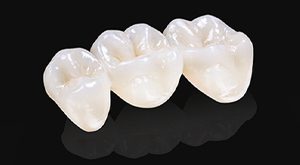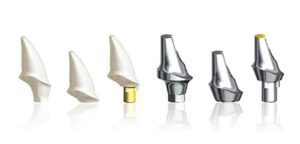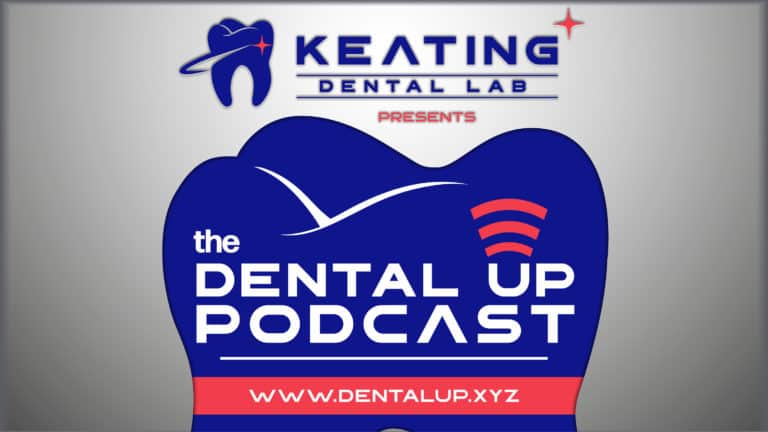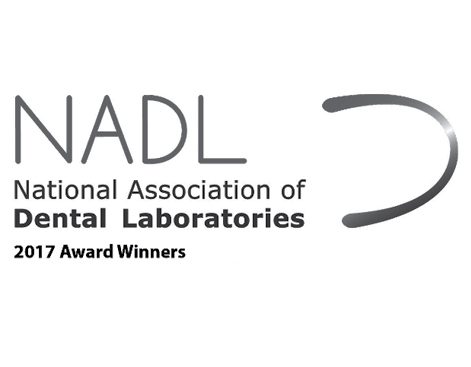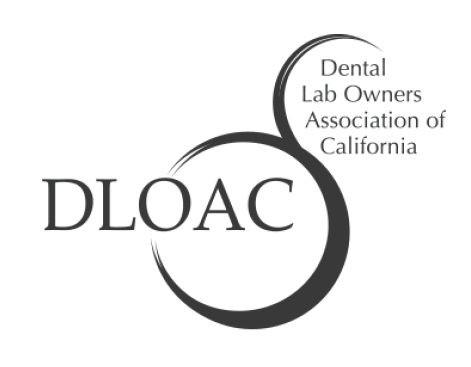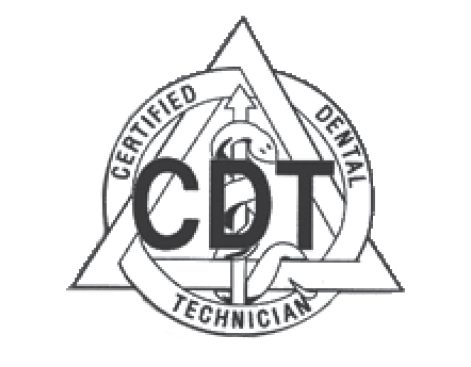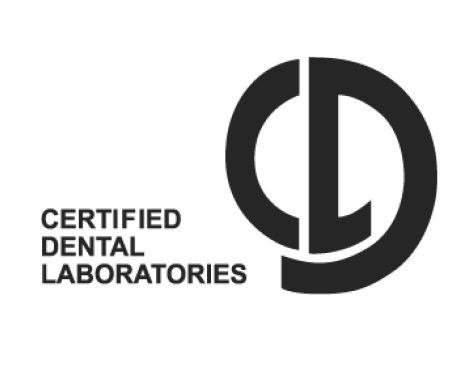This week we have part two of our interview with Jacob Puhl, the Co-Owner and Co-Founder of Firegang Dental Marketing, and he has some great insights into growing a dental practice through digital marketing. They began talking last time about the growth of corporate dentistry, and how independent dental practices can compete.
Corporate dentistry is run by venture capitalists who are looking at the numbers. Their priorities are overhead, production, and profitability, whereas solo practitioners focus on the patient. They take time with each patient, they can implement amenities, and focus on the quality of care.
Independent dentists have the chance to really get to know their patients, become a part of the community, and offer excellent customer service. That being said, there are ways that these dentists can learn from corporate dentistry to better run their dental practice.
Dentistry Is Healthcare
That may seem obvious, but it’s an important thing to remember. It’s medical, and people can be scared. Patients feel like they’re going to be taken advantage of, which means it’s crucial to have strong customer service to change that.
Successful dentistry comes down to trust: how much they know you and how much they like you. Solo practitioners can focus on the personal side of the business, while corporate dentistry may not have that luxury.
The challenge with this divide is that we’re losing the middle class. There are the DMSOs that are the Walmart’s of the industry where people just need affordable dentistry and don’t need the emphasis on customer service. Then there are those that care about the customer service and range of treatment plans. They’re going to refer their friends and accept more advanced and comprehensive treatment plans.
This is where we can be unique and treat the patient like a person rather than a number on a spreadsheet.
Small Dental Practices Are Nimble
Bigger companies mean more approvals and slower change, which means it’s hard to quickly implement a new marketing strategy or piece of technology. There’s a lot of bureaucracy. But as solo practitioners, we have the ability to quickly implement new tools and techniques because we have a shorter approval process and less red tape.
Instead of doing a big analysis on whether the change is going to be profitable or not, you can stay nimble and determine how it can help your patients and your target demographic.
If a dentist with a solo practice sees a new trend happening with digital marketing, for example, they can talk to their team and make the change and experiment. Marketing is an ever-changing field today, which means that practices need to be aware of changes and take advantage of their nimble nature to quickly implement the changes.
Prioritizing Dentistry’s Quality of Care
Choosing a quality lab is important for your dental practice, and we’ve heard from some that work for a DMSO that the lab work isn’t up to par. As a solo practitioner, you have the opportunity to use the lab you feel is best and the materials you prefer.
For dentists at a DMSO, their job is to put the crown in and to see the next patient; they don’t necessarily have a say in the type of crown they can use. Those corporate dental practices care about the overhead, which is important, but when it means patient care suffers because they used up that month’s supply of X or Y, that isn’t good.
As a health practitioner, you don’t want to compromise your quality of care for a patient. And as a small practice, you have the chance to really emphasize the quality of materials you use with your patients. You’re on the frontline with your patients, so to speak, so the numbers are real to you. When corporate dentistry looks at an order sheet, they see the ways overhead can improve without seeing how the quality of care may suffer.
Educating Patients in Their Decision
If a patient doesn’t know differently, they could think their local corporate dentist is providing the highest level of care. And while there are benefits to corporate dentistry, solo practitioners have the chance to educate patients on what quality care looks like.
By talking about the products, the lab you use, and emphasizing how decisions are made based on their health and appearance, you can educate patients on why they benefit by choosing you, the local dentist.
An important thing to note, though, is that in the Age of Google, consumers are more educated than they’ve ever been. This means they can be leery of some imported products and are willing to pay a little more or begin a larger course of treatment because they understand how important that is.
Adding Value with Video
As a smaller dental practice, it can be a challenge to make sure your website stays up to date, but it’s an important resource for your patients. As Jake says, if you answer a question more than once, that’s an opportunity to create a video and post it on your website and social media pages. A blog post can work well too, though a video is more engaging.
We understand that it’s often harder than “just recording a video”, so Jake and Dr. Hornbrook talked about a “good, better, best” model. The best is to hire a camera crew and record multiple Q&A style videos at once, but that also has a hefty price tag attached to it. The beauty of the digital age we’re in, though, is that it’s not necessary. People are used to seeing selfies and camera videos, so they’re more accepting of it.
The easiest way is to use your phone or computer camera and answer a question you get often. Use a few of these videos as a test case to see if your patients respond well to it, then you can consider putting more money into it.
One place where you should invest the money, though, is in your profile video. This cornerstone video will show your office, staff, and your vision for your practice, and it will be a first impression type of video.
While a majority of these videos should be short for social media use, you have the opportunity to expand on some topics like full reconstruction or multiple implants — procedures where patients will have many questions — a longer video is a good choice.
Emphasizing Convenience in Dentistry
This is a dual-sided issue, because corporate dentistry is doing a good job with convenience, but solo practitioners can still compete. A corporate dental office is banking on cost and convenience, whether that’s location or hours.
Solo practices, though, have the opportunity to mold their hours to their demographic. While this means that your staff may no longer have an 8-5 type of schedule, it means serving your patients better and creating a better experience for them. If there’s a particular weekday that is slow, but you have requests for Saturday hours, consider closing on a weekday and opening for a partial day on Saturday.
Patients today have more choices than ever, and with these hours they have the chance to be picky when it comes to convenience. Google searches provide a practice’s hours, and it’s very advantageous to mold your hours to your patients needs, whether that’s early, late, or weekend shifts.
The Case for Emergency Dentistry
Emergencies happen, and while you could send your patients directly to the ER or Urgent Care without seeing them, you can solidify your doctor-patient relationship by taking emergency calls. This is taking patient care to the next level and creating patients for life.
Another opportunity is taking emergency appointments for non-patients. If you’re able to help them when they truly need it and are in a frightening position, you’ll likely be the doctor they call when they’re looking for implants, hygiene maintenance, or other restorative dentistry.
Continuity of Care in Dentistry
One of the best opportunities solo practitioners have is the chance to get to know families and see them grow up and begin to bring in their own families. It’s rare to have a doctor in a corporate dentistry setting stay in the same location for thirty years, or even the same doctor for sequential appointments.
That personal connection you have with patients gives you the opportunity to really get to know your patients, which leads to a stronger continuity in their care. You’ll remember their preferences, their kids’ names, and if they have certain medical issues without opening their file.
You as a solo practitioner have the benefit of being a person, not a logo. Patients come to your practice because of you and your staff and your quality of care, so maximizing that can help your practice grow.
Building Your Dental Practice’s Online Reputation
We mentioned before that Google features your hours in search results, but that’s not all. They also feature your Google+ reviews, giving visitors a quick view on how your practice is perceived. Communities like Yelp and Facebook, as well as medical review websites, prominently display reviews, and it matters.
When you’re online shopping, you order the five-star rated item, not the two-star item, right? Service businesses are the same way. You have the opportunity to have a higher quality of care for your patients, and that should be reflected in your online reputation.
We hope you enjoyed this second episode with Jake, and that these topics will help you think through creating a nimble, customer-centered practice. The third installment will be coming soon on Dental Up!

